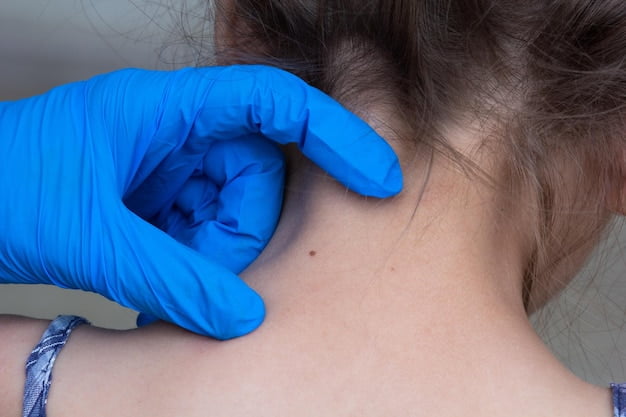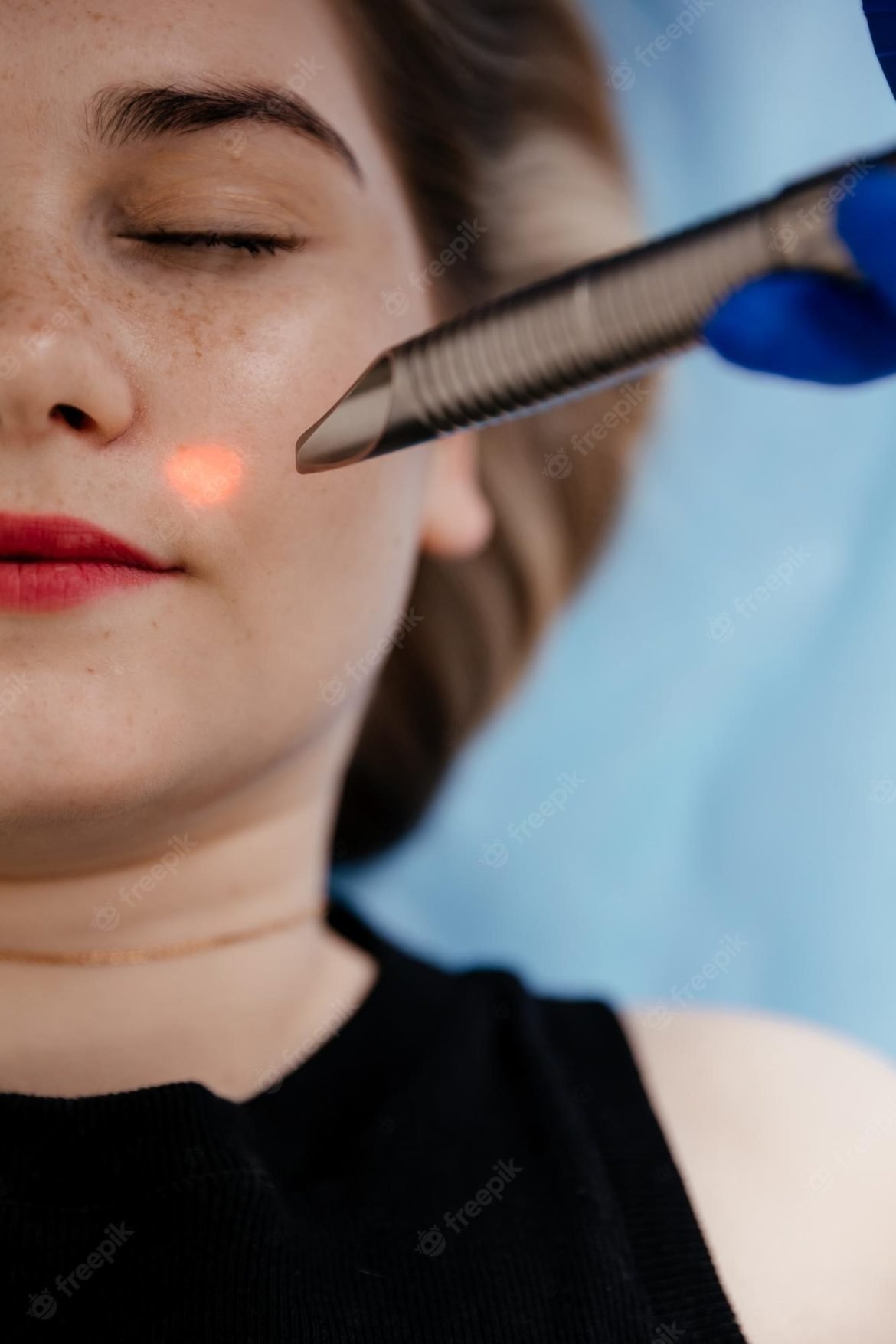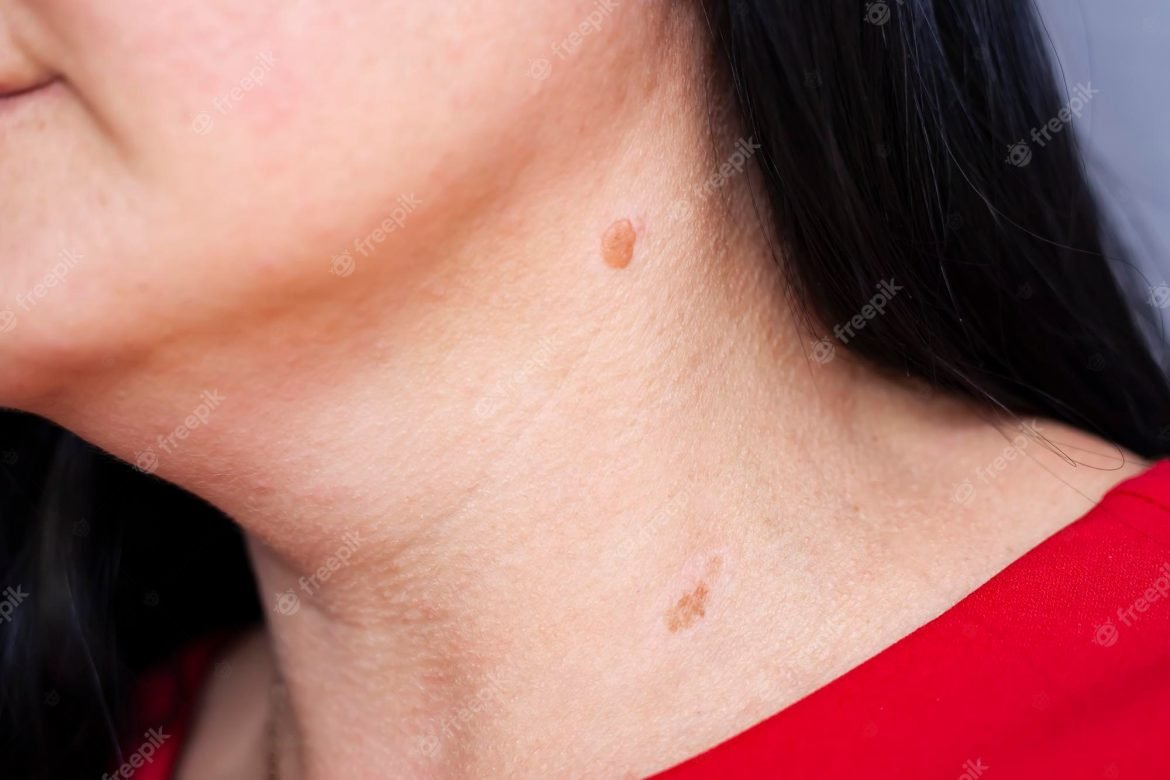
Introduction
Birthmarks are common skin imperfections that can appear at birth or shortly after. While some people embrace their birthmarks as unique features, others may feel self-conscious about them and consider their removal. In this article, we will explore various types of birthmarks, potential reasons for removal, available treatment options, and important considerations to keep in mind.
Types of Birthmarks
Pigmented Birthmarks
Pigmented birthmarks result from an overabundance of pigment cells in the skin. They can vary in color and shape and often include moles and café-au-lait spots. While many pigmented birthmarks are harmless, some may require monitoring if they show signs of abnormal growth.
Vascular Birthmarks
Vascular birthmarks, on the other hand, are caused by abnormalities in blood vessels. They can appear red, pink, or purple and are commonly known as port-wine stains or strawberry hemangiomas. Although most vascular birthmarks fade with time, some may persist and become a cause of concern.
Reasons for Birthmark Removal
Aesthetic Concerns
Many individuals seek birthmark removal for cosmetic reasons. Birthmarks that are prominently located or unusually large can draw unwanted attention and affect self-esteem. The desire for a more even skin tone drives people to explore removal options.
Psychological Impact
In certain cases, birthmarks can lead to psychological distress, particularly if they attract negative comments or unwanted stares. The emotional burden of living with a noticeable birthmark can impact one’s social interactions and overall mental well-being.
Non-Surgical Treatment Options
Laser Therapy
Laser therapy is a common and effective option for birthmark removal. It uses focused light beams to break down the pigment or blood vessels that make up the birthmark. This treatment is generally safe, but multiple sessions may be required for optimal results.
Topical Treatments
For smaller pigmented birthmarks, topical treatments like bleaching agents may be considered. These creams or ointments work by lightening the skin around the birthmark, making it less noticeable over time.
Surgical Removal
Excision
Surgical excision involves cutting out the birthmark and stitching the wound closed. This method is often used for raised or protruding birthmarks. While effective, it may leave behind a scar.
Cryotherapy
Cryotherapy is a technique that freezes the birthmark, causing it to fall off after some time. This option is suitable for certain types of smaller birthmarks and is relatively less invasive than excision.
Natural Remedies for Birthmarks
While natural remedies may not remove birthmarks entirely, they can help improve the appearance of certain types of marks:
Lemon Juice
Applying lemon juice to pigmented birthmarks may help lighten their color over time due to its natural bleaching properties.
Aloe Vera
Aloe vera gel is known for its skin-healing properties and can be applied to soothe and reduce redness in vascular birthmarks.
Considering the Risks
Before opting for birthmark removal, it’s essential to be aware of potential risks associated with the chosen method:
Scarring
Surgical procedures and aggressive laser therapy may lead to scarring, which could be more bothersome than the birthmark itself.
Pigment Changes
Laser treatments may cause changes in skin pigmentation, leading to hyperpigmentation or hypopigmentation.
Consultation with a Dermatologist
If considering birthmark removal, it is vital to consult with a qualified dermatologist or skin specialist. They can assess the type of birthmark, its location, and the best course of action for removal.
Embracing Your Birthmarks
While removal options are available, embracing one’s birthmarks can also be empowering. Birthmarks make each individual unique and tell a story that is entirely their own. Self-acceptance and self-love are essential for building confidence and embracing one’s natural beauty.
Conclusion
Birthmarks are part of the tapestry of human diversity. Whether one chooses to remove them or embrace them, the decision should be based on personal preferences and considerations. Consulting with a dermatologist is crucial to understanding the available options and potential risks associated with birthmark removal. Ultimately, every individual has the right to decide what makes them feel comfortable and confident in their own skin.
FAQs
- Is birthmark removal painful? Birthmark removal procedures are typically performed under local anesthesia, minimizing discomfort during the process.
- Can all types of birthmarks be removed? Not all birthmarks can be completely removed, but their appearance can often be improved.
- Are natural remedies effective for birthmark removal? Natural remedies may help lighten the appearance of certain birthmarks, but complete removal is unlikely.
- Will birthmark removal guarantee no scarring? While efforts are made to minimize scarring, some removal methods may result in scarring.
- How long does it take to see results from birthmark removal treatments? The timeline for results varies depending on the type of treatment and individual response; it may take several sessions to achieve the desired outcome.





